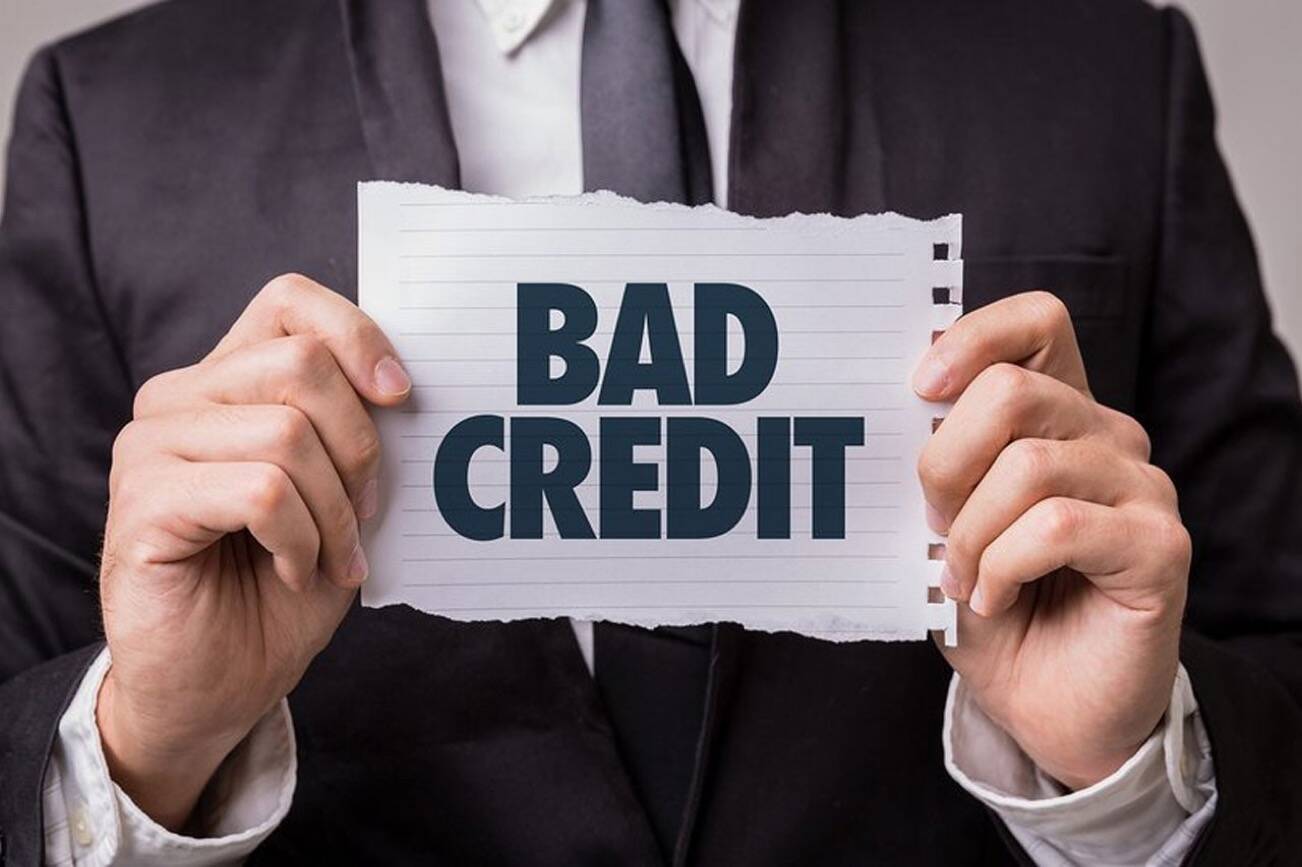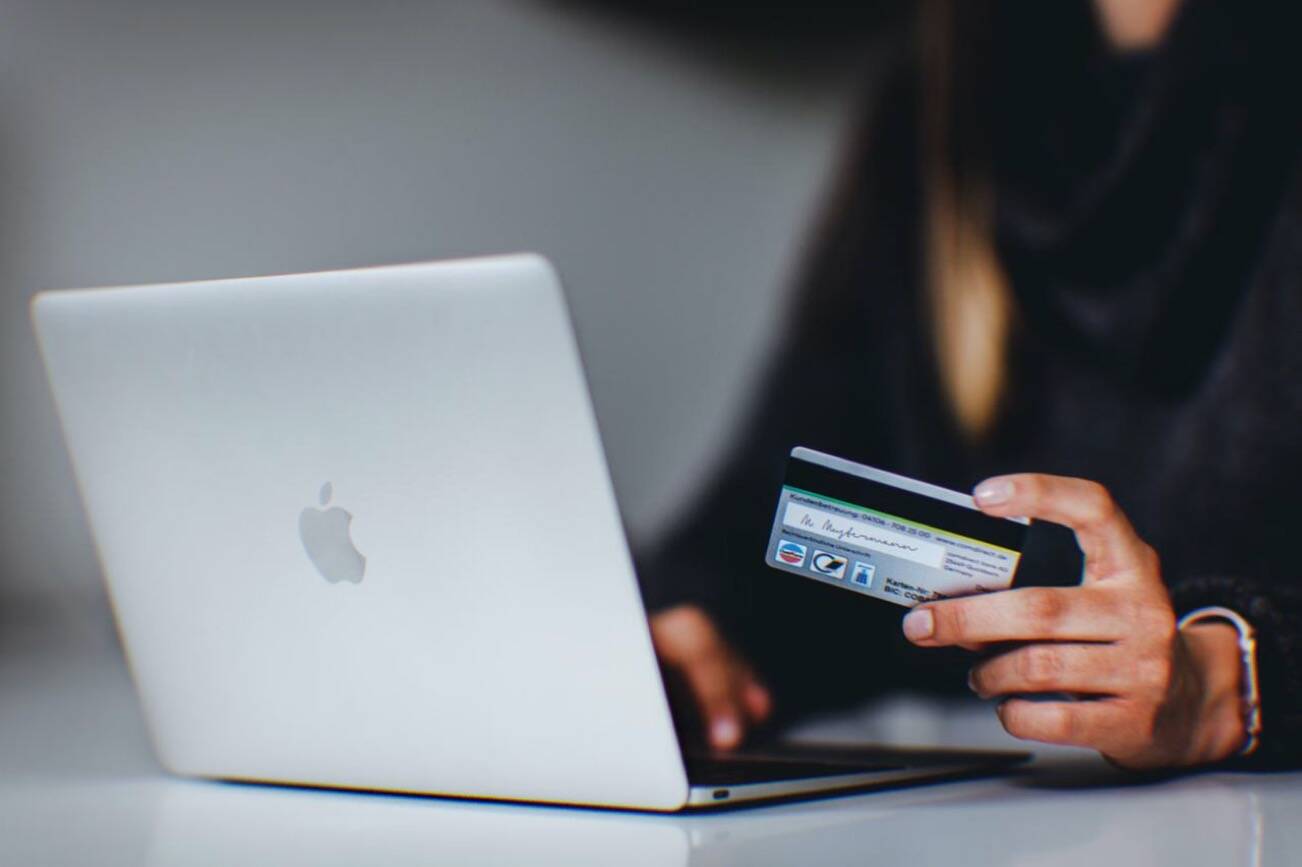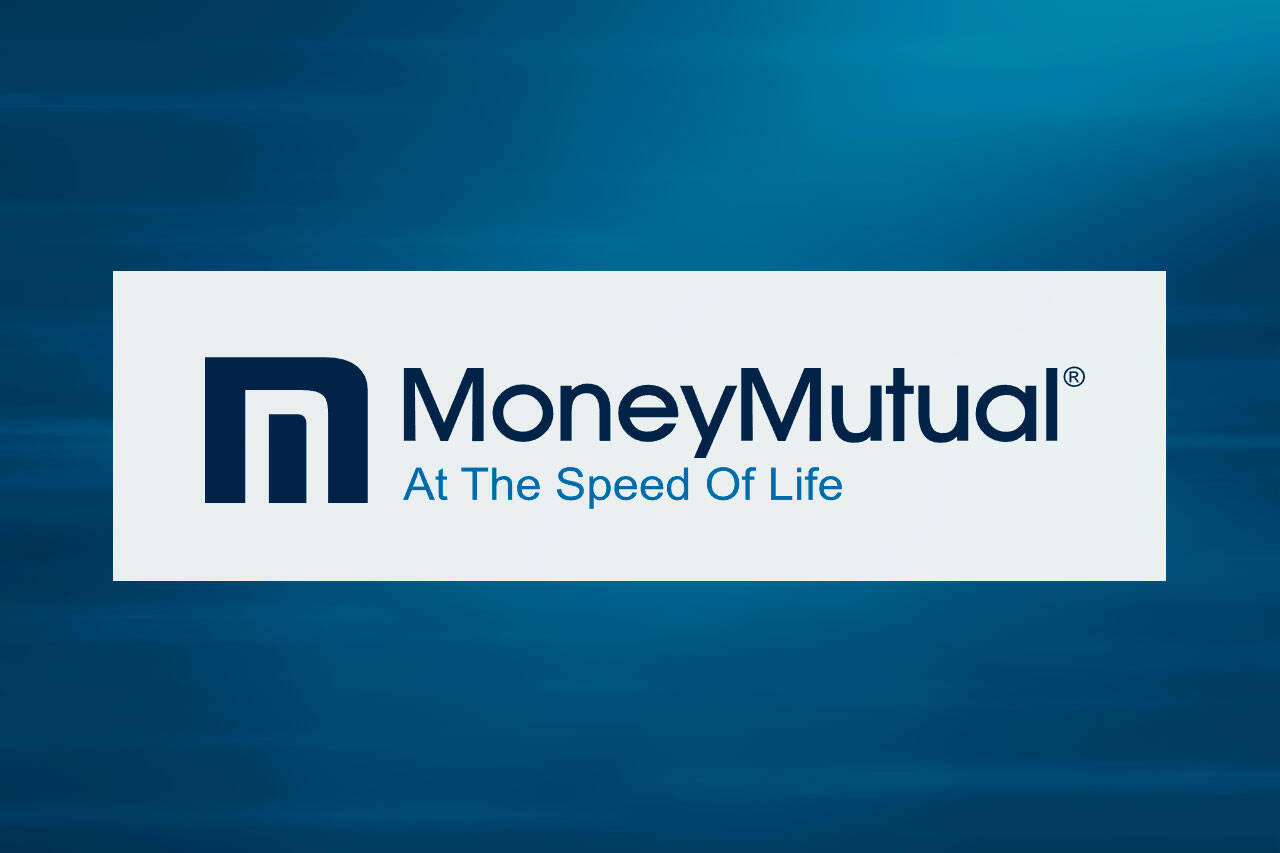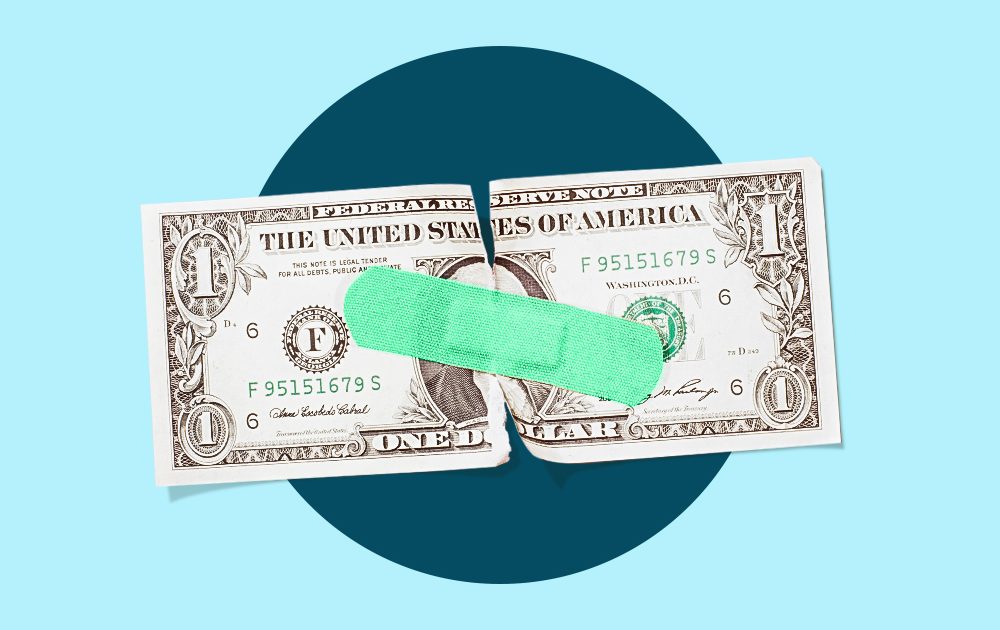The easiest loans to get

You can get approved for some loans, such as emergency loans, payday loans, and bad credit or no credit check loans, even if you don’t have the best credit or a stable income. They can provide you with the funds you need to pay for any expenses that may arise.
But just because these loans are easy to get doesn’t mean they’re right for you. Some come with exorbitant interest rates and fees that can weigh heavily on your finances.
The easiest loans and their risks
If you are looking for loans to cover an unexpected expense, you might consider taking out an emergency loan, a payday loan, or a loan for bad credit or no credit check. Although these types of loans are generally easy to obtain, each carries risks.
Emergency loans
An emergency loan is a personal loan used to cover unexpected expenses, such as medical bills or car repair bills. Lenders usually allow you to borrow $1,000 or more; some lenders even deposit the funds into your account the same day you sign the loan agreement. The interest rate you get on an emergency loan depends on several factors, such as your credit score, income, and debt-to-equity ratio.
Expect to pay between 5.99 and 35.99% interest. The lower your credit score, the higher the interest rate. If the lender charges an origination fee, you’ll typically pay between 1-8% of the loan amount.
Risks: If you don’t have a good to excellent credit score (at least 670) and a solid income, your loan may come with high interest rates and fees.
Payday loans
Payday loans are short-term loans designed to be repaid on your next pay period or within two weeks of taking out the loan. Because most payday lenders don’t check your credit, they’re easy to get. However, they have serious drawbacks in the form of high interest rates and fees.
In fact, the average interest rate on a $300 14-day payday loan is over 650% in some states. If you are unable to repay the loan by the due date, you may incur what is called a rollover fee (assuming payday loan rollovers are allowed in your state).
Risks: Since these loans come with excessive fees, they are best used as a last resort. If you can’t afford to repay the loan by the next pay period, you risk digging yourself a deeper hole financially.
Loans with bad credit or no credit check
A bad credit loan is a personal loan for borrowers who have less than stellar credit or a minimal credit history. Although minimum credit score requirements vary by lender, you will generally need at least a credit score of 580 to qualify. If you don’t meet the lender’s minimum credit score requirement, an alternative is to get a loan without a credit check. The downside of a no credit check loan is similar to a payday loan – it comes with high APR and fees.
Risks: If you have a very low credit score, you may be charged high interest and fees – some personal lenders have maximum interest rates of up to 35.99%.
Alternatives to Easy Loans
If you want to avoid the borrowing costs associated with the loans mentioned above, here are some alternatives to consider.
Local banks and credit unions
If you are a member of a local bank or credit union, contact them to see if you qualify for a personal loan. Since you have a relationship with the institution, you can benefit from better rates and conditions. For example, PenFed Credit Union offers personal loans with no origination fees and APRs as low as 4.99%.
Local charities and nonprofits
Check with your local chamber of commerce or library or call 211 to see if there are grants available in your area. Depending on your income level, you may be eligible for federal or state housing assistance or food assistance programs. If you need help paying your rent, you can use the US Department of Housing and Urban Development’s database to search for rental assistance programs in your area.
Payment Plans
If you can’t afford to pay a phone bill, medical bill, or other bill in full, ask the company if you can set up a payment plan. Although you’ll likely be charged additional fees or interest, it could cost less than getting a loan. Plus, you won’t have to submit a formal application or undergo a credit check.
Salary advances
If you need to pay an expense immediately but won’t be paid for a week or so, ask your employer for a payday advance. You will be borrowing money from yourself, which will save you from going into debt and having to pay interest and fees to a lender.
Breakdown of loans or hardship from your 401(k) plan
If you need more money than you could get with a payday advance or your employer doesn’t offer it and you have a 401(k), consider applying for a 401(k) loan or financial assistance. case of difficulties. There is no credit check and you can access funds quickly in most cases.
But you can expect to pay interest on the loan amount even if you are borrowing from yourself. These funds are deposited into your retirement account, but on an after-tax basis.
Borrow money from family or friends
If you want to avoid taking out an easy loan or paying little interest, ask a family member or friend to borrow some money. This option allows you to skip the formal loan application process and you can have more flexible repayment options. Also, the person lending you money may not charge you interest. Get the terms of the loan agreement in writing and repay the loan as promised to avoid damaging your relationship with the lender.
Next steps
Before taking out an easy loan, be sure to explore all of your borrowing options. This can help you pay the least amount of interest or get the best terms. If taking out an emergency loan is your only option for quick access to cash, prequalify for a personal loan to compare rates, fees, and terms from multiple lenders. If you are a member of a credit union or bank, contact them to find out if you qualify for a personal loan.
Frequently Asked Questions
How long does it take to get the loan funds?
Each lender is unique. However, many lenders offer quick financing, especially those that operate online. You may be able to receive the money by direct deposit within a few business days, 24 hours or even the same day you request it.
Do I need documents to apply for a loan?
In most cases, you will need to provide certain documents to apply for a loan. These can include government-issued identification like your driver’s license or passport that proves your identity as well as pay stubs and tax forms that reveal your financial situation.
What can I do to get a loan with better terms?
To get approved for a loan with a low rate and favorable terms, boost your credit score. You can do this if you pay your bills on time, reduce your level of debt, limit how often you request new accounts, and dispute any errors or inaccuracies in your credit reports.






